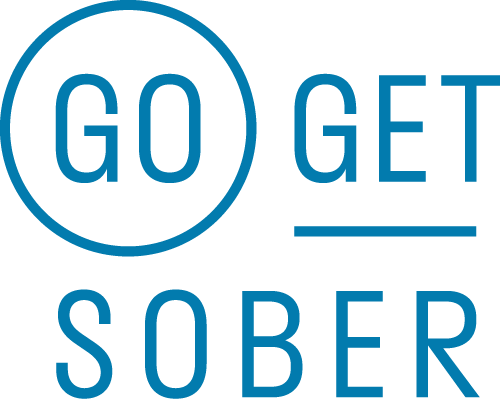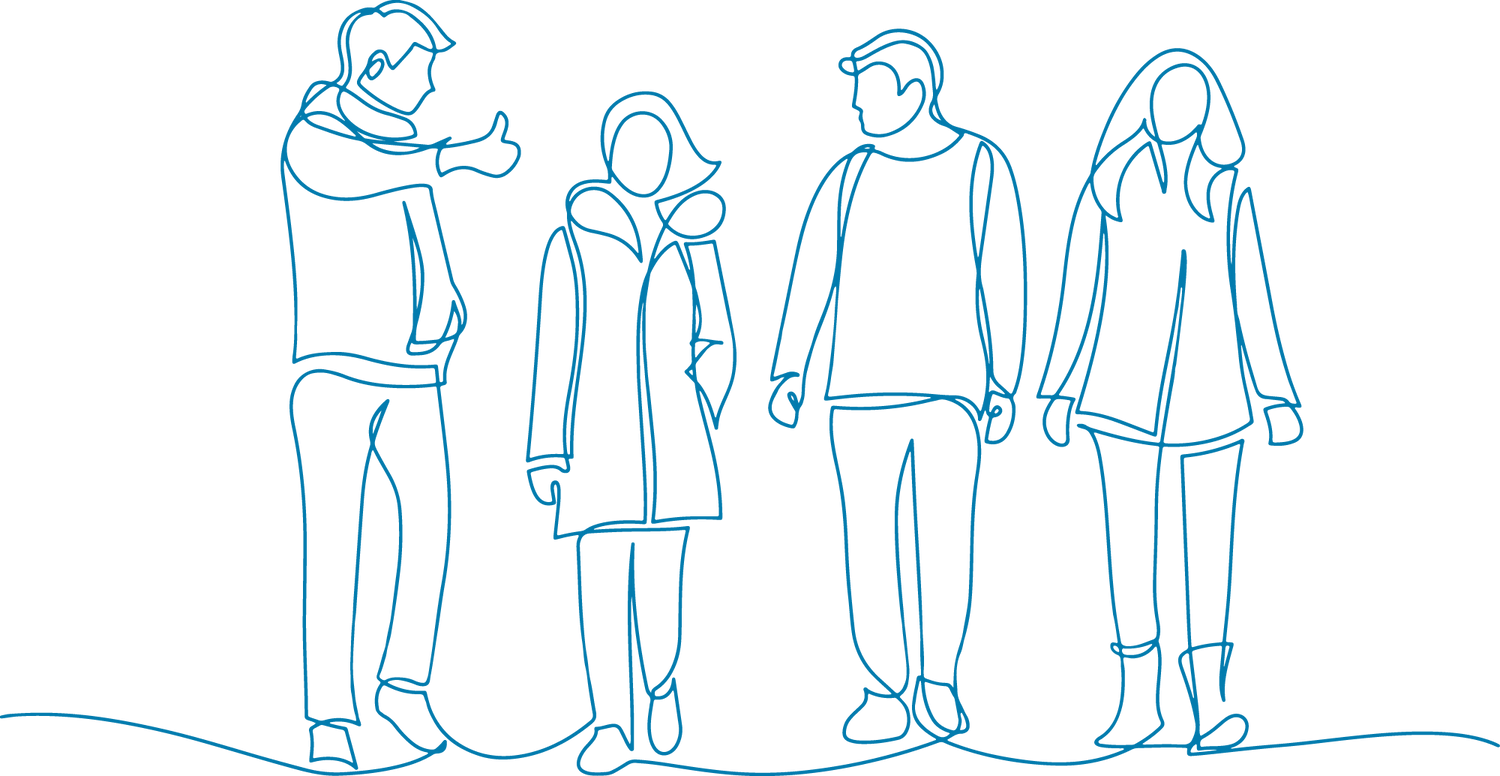Q: Hi Jo, I’ve just come across your site and to be honest, it’s a godsend. I took the plunge and stopped drinking a week ago. It’s tough but I’m feeling pretty determined right now and am using your blogs to help me stay motivated. My question is this - my cousin is getting married next month and it’s a big family event. I’ll be expected to be joining in and providing some drunken entertainment as I always have done – most of my family are big drinkers so this is kind of the norm. I really can’t imagine facing it and staying sober – the pressure to drink will be too much for me. I’ll be the odd one out if I don’t drink and I’m not ready to get into the whole story of why I’m not drinking with people. Can you give me some advice?
A: Hi Penny, great to hear from you. Well done for taking the plunge and for reaching out for some support.
And thanks for your question. This is one that I get asked a lot. Social events, family events, parties and weddings can seem like impossible hurdles when you first stop drinking. I can’t tell you what to do here but I can give you some options and you can choose what you think will work best for you.
Option 1 - Avoid the wedding
When we first get sober, we’re going through some big adjustments. We’re going through a lot. We’re learning new habits, we’re learning to re-train our brains, we’re practising staying sober, we’re fighting our impulses and automatic programming. Perhaps we’re dealing with all sorts of uncomfortable emotions that we’ve been using alcohol to numb out to. Perhaps we’re dealing with mental health issues that alcohol helped us cope with. Or perhaps we’re just learning to live with ourselves.
The most important thing in the early days, is that you go easy on yourself – you make life as easy as possible. You put yourself first. The most important thing in your world right now is that you stay sober. Anything that threatens that is best avoided.
As you grow in confidence with living sober, it’s good to challenge yourself and push yourself out of your comfort zone with a bit of planning and preparation but initially, you need to put yourself first and do whatever it takes to stay sober and stay on the track you’ve chosen. Sometimes this means hiding away from what seems like too much hard work.
When I first stopped drinking, I didn’t go to the local pub for about 3 months. I couldn’t face being at the bar and not ordering several large glasses of wine. That would have been too much hard work for me. The habit was pretty ingrained. But, as I got more comfortable with navigating life sober, I was able to prepare and plan for challenging situations like the pub and manage them alcohol-free.
There are ways of avoiding events like this without having to go into detail with anyone about what’s really going on. I know people who’ve developed “migraines” that have trapped them in bed for a whole weekend in order to stay safely sober. I know people who have had a nasty bout of “food poisoning” that’s meant they couldn’t travel as they needed to be in close proximity to a toilet… Flu can do the same job.
There are excuses you can come up with that people can’t really argue with if you think that avoiding the situation is best for you. You’ll know best what your context requires and what excuses will work best for you.
And, as for feeling guilty about letting your cousin down… you don’t have to. If your cousin loves and respects you, if you’re an important person in your cousin’s life, they’ll want the best for you. And, as hurtful as it might seem on the surface, you won’t be as much missed at the wedding as your imagination might want you to be. Just imagine for a moment that you hear one of the other guests, another cousin or family member, can’t make the wedding because they’re ill. Do you give it a second thought? Are you bothered about it? Or, do you just wish them well? How you would react to hearing this news about someone else not attending the wedding is pretty much how other people will react to you not attending the wedding.
Option 2 - Go to the wedding but don’t stay long
With a bit of planning and preparation, it’s possible to manage these big social events sober.
As your confidence with living life sober grows and you get more and more practice under your belt, these situations become effortless and easy – you don’t give alcohol a second thought. But, in the early days of learning to live an alcohol-free life, it’s important to plan and prepare in advance as much as possible so that you’re confident and strong when you go into a challenging situation.
One of the bits of planning you can do in advance is to decide which bit of the wedding you want to be there for and how long you’re going to stay for. When you give yourself a time limit and you have some sort of “escape route” planned, it’s much easier to deal with.
I went to a party in my second month sober. I didn’t want to go but it was important to my partner and I decided I could handle it with some boundaries in place. I spoke to my partner in advance about how I was feeling so he could support me. We agreed together that we would stay for two hours and leave at 10pm. We came up with an excuse that we could confidently use. Knowing we only had two hours of torture to face made it much easier to deal with. And, funnily enough, because we had our “get out” card, it ended up not being torture but being quite enjoyable. I relaxed a lot more knowing that I had my 10pm end-point.
So, again, you can come up with your own boundaries of what is manageable for you and you can then create an excuse that works to get you out of there. Migraines or dodgy tummies are quite good ones – you can escape to a hotel room, get into bed and watch some TV. But have your escape routes, excuses and timings set in advance.
Being able to join the other wedding guests over breakfast the next morning with a clear head is a truly wonderful thing. Witnessing the misery of other people’s hangovers while you’re bright-eyed and bushy-tailed is very motivating!
Another way you can prepare is to decide in advance what you’ll be drinking instead of alcohol. Do you need to take a decent soft-drink alternative with you? Are you going to make it look like you’re drinking alcohol so you don’t get asked awkward questions? Are you going to drink tonic water and pretend it’s a g&t? What are you going to do if someone plonks a real alcoholic drink in front of you? Or, are you going to say you’re on medication and can’t drink? Or, that you have a dodgy tummy and can’t risk it? (Quite handy if you have to “run to the loo” later and get back to your hotel). Or, are you going to tell the truth and say that you’re on a health kick and are giving alcohol a miss? What are you going to do when you sit at the table with the obligatory bottles of red and white wine in the middle? What if someone pours wine into your glass?
All of these questions and more need to be considered and answered in advance so you’re super-confident with how you’re going to deal with them when/if they arise. Only you will know the best approach for you to take that will fit with who you are, your family relationships and your context.
Another way to prepare is to run through the whole event in your head in advance, imagining what you’ll see, hear and feel as you navigate the situation sober. Imagining all the challenges you’ll face and imagining how you’ll deal with them. When you’ve imagined it happening and you’ve stayed successfully sober in your mind’s eye, you actually make it easier to manage it and stay sober in real life.
With this option, you still get to be a part of things at the same time as looking after yourself. It also boosts your confidence that you can do social events sober. You get better and better at it each time you do it.
The important thing with this is that you plan and prepare in advance. Have everything you need at the ready and have explored every possible challenge you could have to face and have decided how you’re going to deal with it.
Option 3 – Go to the wedding and stay for the whole event
This is pretty much the same as Option 2 except you don’t plan an escape. Or, you plan an escape but, on the day, you find that you’re actually okay and can cope with staying for the whole event. Or, maybe your escape route is a flexible one (that migraine can come on at any time) and allows you decide when you want to leave.
However long you decide to stay, the planning and preparation is what’s going to see you through and give you the confidence you need.
The first wedding I went to sober, I was bored and awkward and tense at first. I was going to use a dodgy tummy excuse straight after the meal after the ceremony and go to my hotel room to read but I ended up relaxing after the ceremony itself and really enjoyed the food if not the conversation. I found I could ignore the red and white wine on the table in front of me and when anyone offered to fill my glass, I just smiled and said “No thanks” and it wasn’t an issue. I knew I’d be offered free glasses of bubbly on arrival and with the toasts and had already imagined myself saying “No thanks” and taking orange juice instead. I did leave earlier than the other guests who stayed up partying into the early hours and went to bed around 11pm. I missed the band but felt great in the morning and was more chatty, sociable and lively the next day than anyone else!
You’re the best judge of your context and what you’re ready for, Penny. Your family might put you under more pressure to drink than I’ve experienced so it’s important you choose the option that will work best for you. Whatever you choose to do, stay in touch and let me know how you get on.
Jo

